Pakistan stocks, rupee react positively to new IMF agreement
The benchmark index of Pakistan Stock Exchange — the KSE-100 — was up 1400 points at 10:30AM.

Haris Zamir
Business Editor
Experience of almost 33 years where started the journey of financial journalism from Business Recorder in 1992. From 2006 onwards attached with Television Media worked at Sun Tv, Dawn Tv, Geo Tv and Dunya Tv. During the period also worked as a stringer for Bloomberg for seven years and Dow Jones for five years. Also wrote articles for several highly acclaimed periodicals like the Newsline, Pakistan Gulf Economist and Money Matters (The News publications)
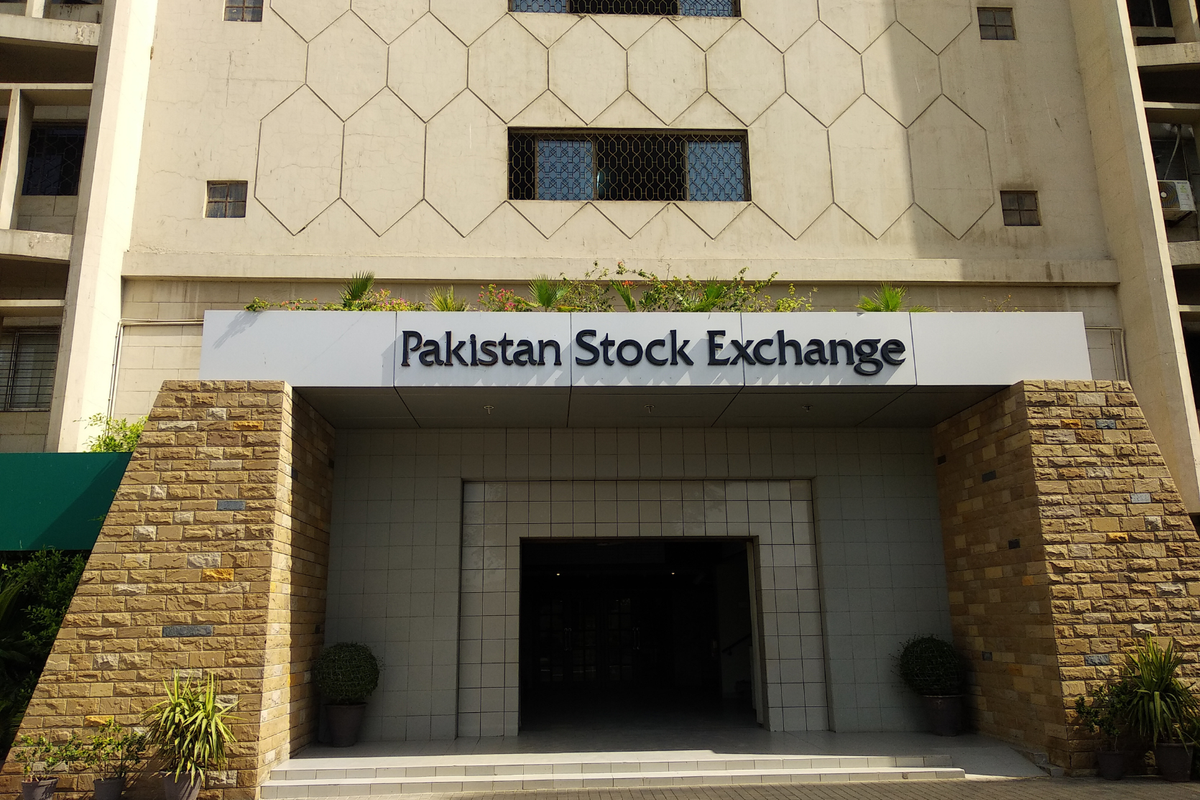
A view of the Pakistan Stock Exchange building on Karachi's I.I. Chundrigar Road.
Shutterstock
Pakistan’s stock and foreign exchange markets reacted positively on Monday — the first business day after the country reached a staff-level agreement with the International Monetary Fund (IMF) for a new loan programme.
The benchmark index of Pakistan Stock Exchange — the KSE-100 — was up 1400 points or 1.8% at 10.30AM to trade around 81,344 points.
Last week, the KSE-100 had closed on a negative note, with analysts attributing it to uncertainty about the country’s economic outlook.
Meanwhile, the Pakistani rupee gained 40 paise in the interbank market to trade around Rs278 per dollar.
The agreement for the 37-month Extended Fund Facility (EFF) will now go to the IMF’s Executive Board for approval.
The new loan programme aims to support macroeconomic stability achieved during fiscal year 2023-2024 by strengthening public finances, reducing inflation, and building external buffers while removing economic distortion.
The Pakistan-IMF agreement is likely to lead to new loan programmes with other multilateral organizations, such as the Asian Development Bank and Asian Infrastructure Investment Bank, and bilateral partners.
The inflows from the EFF will help shore up Pakistan’s foreign exchange reserves, which had fallen to cover less than one month’s of imports last year, putting the country at risk of default.




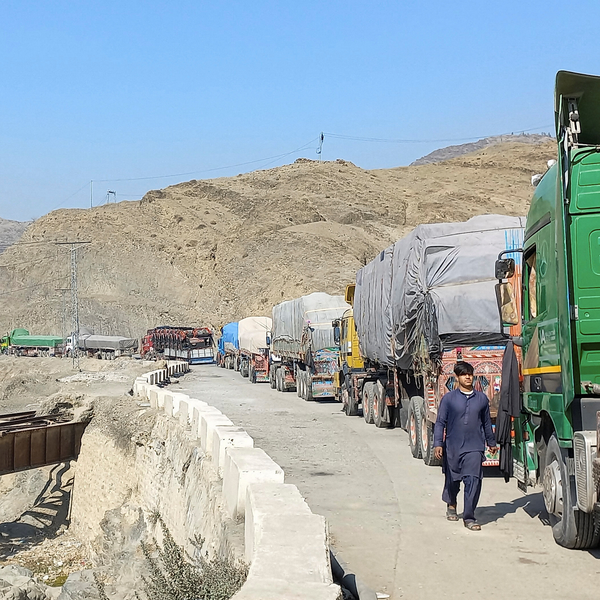
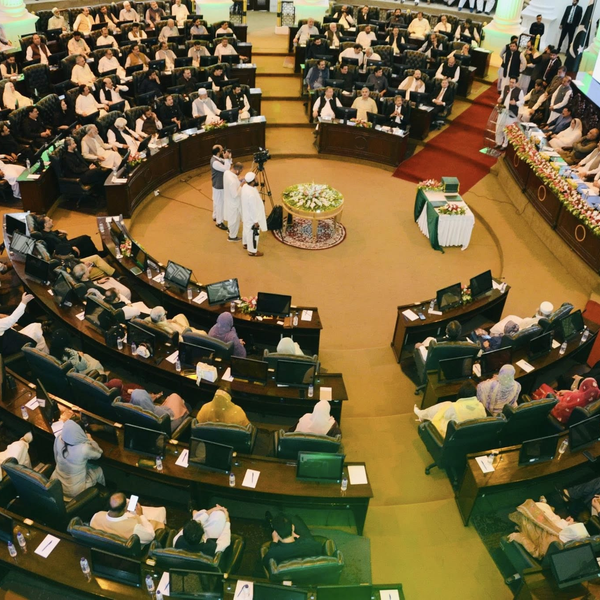
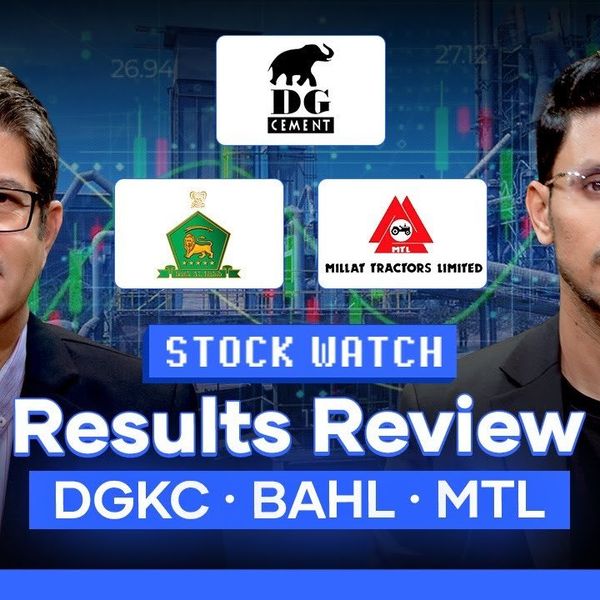
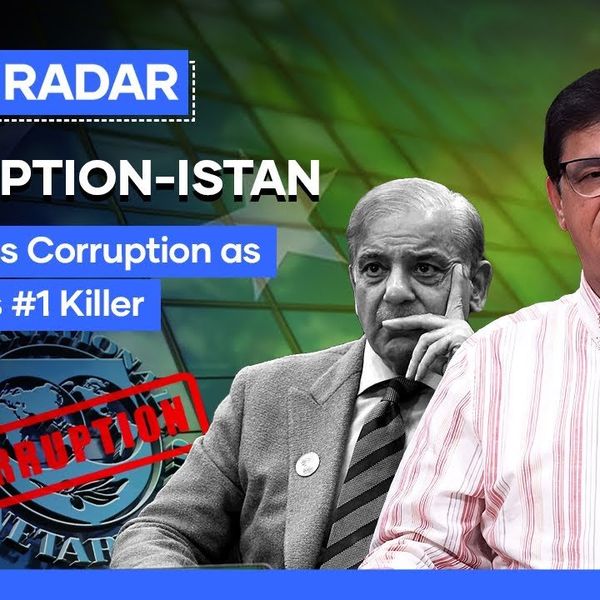


Comments
See what people are discussing